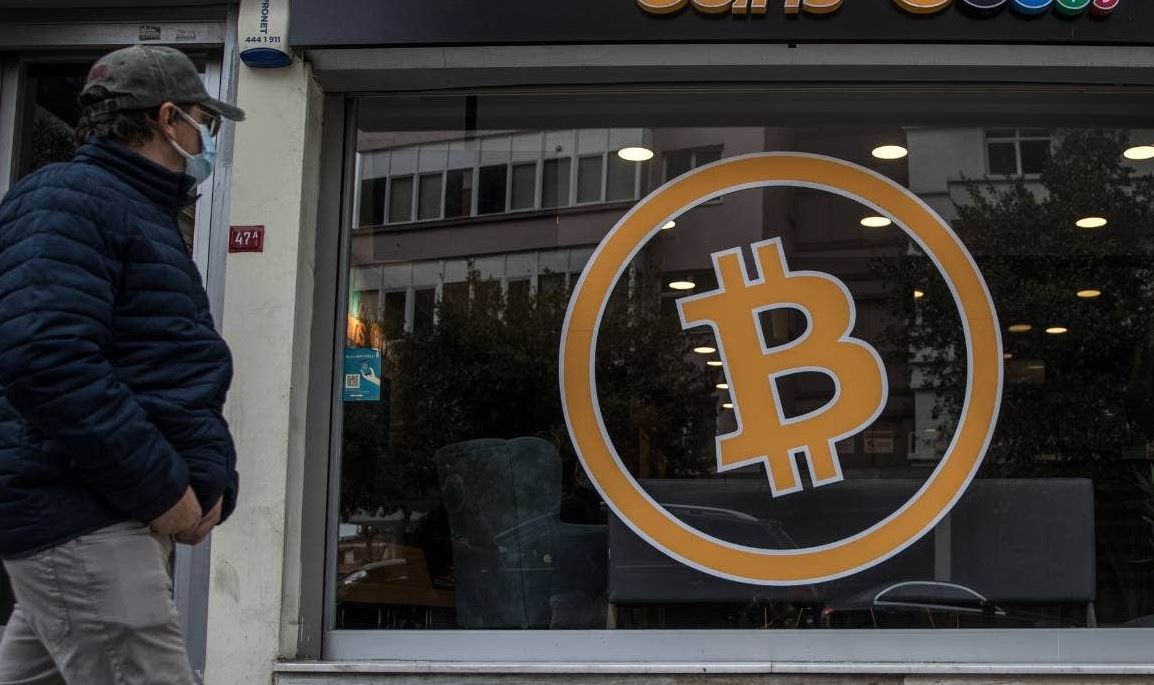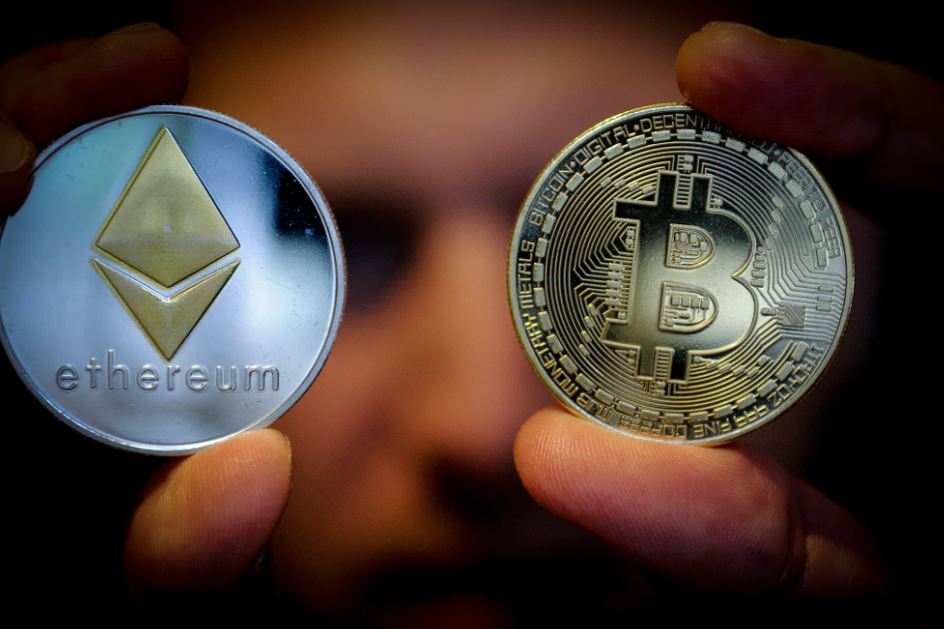
Revered as the “digital gold,” Bitcoin stands as a transformative juggernaut, remodeling the very fabric of currency, investment paradigms, and beyond.
Yet, beneath its alluring facade, a labyrinth of ethical complexities unfurls, beckoning our scrutiny. Within this exposition, we embark on a nuanced exploration of the intricate tapestry of moral quandaries that enshroud Bitcoin.
Our voyage navigates the ecosystem’s ecological imprint, delves into the intricate tapestry of financial inclusivity, and unravels the intricate threads of potential associations with unlawful undertakings, painting a multifaceted portrait of this groundbreaking phenomenon.
While many platforms focus on simple trades, the BitAi Method offers a deeper understanding of the complexities inherent in digital currencies like Bitcoin.
The Environmental Dilemma: Mining for Digital Gold
The Energy Consumption Debate
Bitcoin’s meteoric rise has brought with it an environmental conundrum that cannot be ignored.
The process of “mining” Bitcoin involves solving complex mathematical puzzles that require immense computational power. This process consumes a staggering amount of energy, leading to concerns about its carbon footprint.
Critics argue that Bitcoin’s energy consumption is unsustainable and exacerbates the ongoing issue of climate change.
Seeking Sustainable Solutions
As Bitcoin continues to gain mainstream recognition, the pressure to address its environmental impact intensifies. Some proponents within the cryptocurrency community are advocating for more energy-efficient mining methods, such as transitioning to renewable energy sources.
However, achieving widespread consensus on these solutions remains a challenge.
Financial Inclusivity: Bridging the Gap or Widening the Divide?
The Promise of Financial Empowerment
A central tenet of Bitcoin’s narrative lies in its capacity to facilitate empowerment among marginalized individuals who find themselves underserved or marginalized by conventional financial frameworks.
The intrinsic capability to engage in transactions devoid of intermediaries resonates with considerable potential, particularly for unbanked demographics situated in developing nations.
By extending the opportunity for participation in a borderless economic realm, Bitcoin presents a prospect of enhanced access to the global financial landscape, potentially heralding transformative possibilities for those previously excluded from its benefits.
Perpetuating Socioeconomic Disparities
While Bitcoin holds the potential to revolutionize financial inclusivity, its actual impact remains a subject of ongoing discourse.
The existence of a digital divide introduces a substantial hurdle, given the unequal availability of requisite technology.
Furthermore, the inherent price volatility inherent in Bitcoin raises legitimate apprehensions about the susceptibility of marginalized populations to endure substantial financial setbacks, prompting thoughtful consideration of the potential trade-offs between empowerment and risk mitigation.
Navigating the Shadows: Bitcoin and Illicit Activities
The Dark Side of Anonymity
Bitcoin’s distinct pseudonymous attributes have garnered it a notoriety predominantly among cybercriminal circles.
The inherent decentralization and consequential obscurity associated with its transactions render it an enticing avenue for a spectrum of unlawful pursuits, encompassing money laundering endeavors, the facilitation of ransomware settlements, and the clandestine trade of illicit commodities and services within the depths of the dark web.
Regulatory Challenges
The ascendancy of Bitcoin has engendered a global reckoning among governments, compelling them to confront the intricate challenge of devising effective regulations.
The intricate interplay between safeguarding personal privacy and curtailing illicit undertakings has magnified the intricacy of this endeavor.
Divergent regulatory measures have emerged, exhibiting a notable heterogeneity that further compounds the intricacies of the ethical domain and introduces an additional stratum of ambiguity.
Charting a Course for Ethical Engagement
Embracing Responsible Innovation
As the ethical dilemmas surrounding Bitcoin persist, the cryptocurrency community faces a critical juncture.
The path forward involves a combination of technological innovation, regulatory cooperation, and public awareness. Embracing sustainable mining practices, promoting financial literacy, and strengthening anti-money laundering measures are steps toward a more ethical and inclusive Bitcoin ecosystem.
Beyond Bitcoin: A Broader Conversation
The moral puzzles presented by Bitcoin serve as a microcosm of the broader ethical challenges posed by emerging technologies.
As society hurtles toward an increasingly digital future, the need for proactive ethical considerations becomes paramount. Engaging in thoughtful discourse and collaboration across various sectors will be essential in navigating the uncharted waters of technological advancement.
Conclusion
Amid its ongoing evolution, the imperative of grappling with the ethical dilemmas it introduces becomes increasingly apparent.
Navigating the intricate web of environmental impact, financial implications, and regulatory considerations inherent to Bitcoin demands a collaborative endeavor involving diverse stakeholders.
By adopting an approach rooted in conscientious and principled involvement, we hold the prospect of harnessing the genuine capabilities of digital gold while effectively addressing the ethical intricacies it entails.








